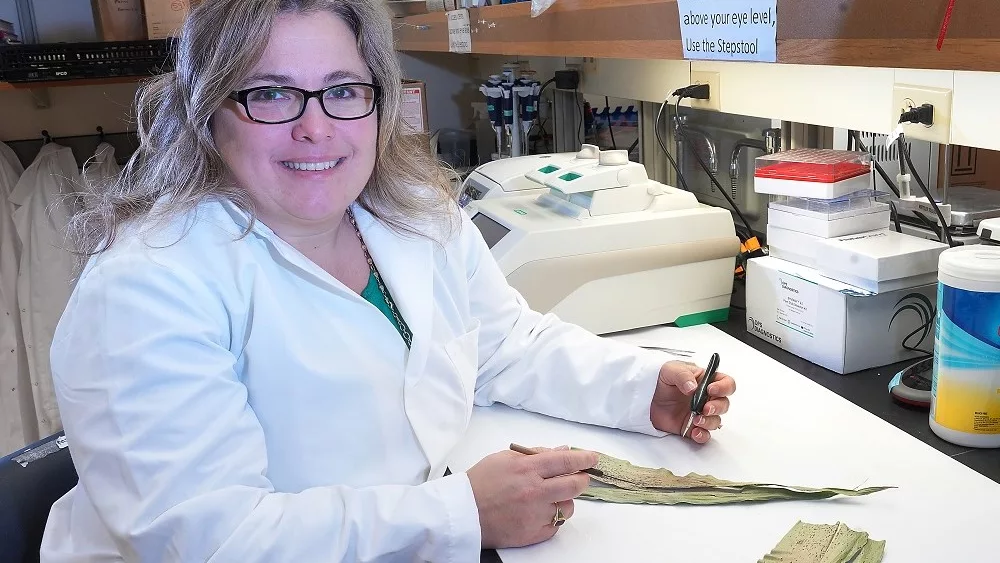African swine fever is continuing its spread. The World Organization for Animal Health this week confirmed finding ASF in Haiti. Haiti borders the Dominican Republic, which confirmed the virus was in-country this summer. Haiti is conducting surveillance for the disease in pigs and imposed a quarantine to control the outbreak, according to Reuters.
USDA continues work to keep ASF out of the US. Last week, USDA issued a Federal Order suspending interstate movement of all live swine and swine products from Puerto Rico and the U.S. Virgin Islands to the mainland United States. But what’s at stake if ASF is found in the US?
Dr. Patrick Webb, Director of Swine Health with the National Pork Board, says in 2021, the US is exporting 26.6% of its pork to other countries at over a $58/head value. That would all come to a stop if one case of ASF were found in the US. It wouldn’t matter if it were a feral pig, backyard pig, or part of a commercial herd.
“It really doesn’t matter who has the pig, that one case is going to affect our trade and that is some significant losses.”
There was a study done recently by Iowa State University on the potential impacts of ASF.
“That study basically told us, as an industry, that if we can control an outbreak, our exports would come back within two years after that first case,” says Webb. “We would see $15 billion in lost revenue, but we wouldn’t see much contraction of the industry.”
But many experts believe it would take much longer than two years to eradicate the disease and open up exports again. If it took 10 years, “We’re talking $50 billion in lost revenue and 140,000 lost jobs, and significant contraction in the industry,” which would be a major hit to not only pork producers, but the US economy.
ASF resources are available on the USDA APHIS website and at porkcheckoff.org.
Sources: USDA Newsline and NAFB News Service





